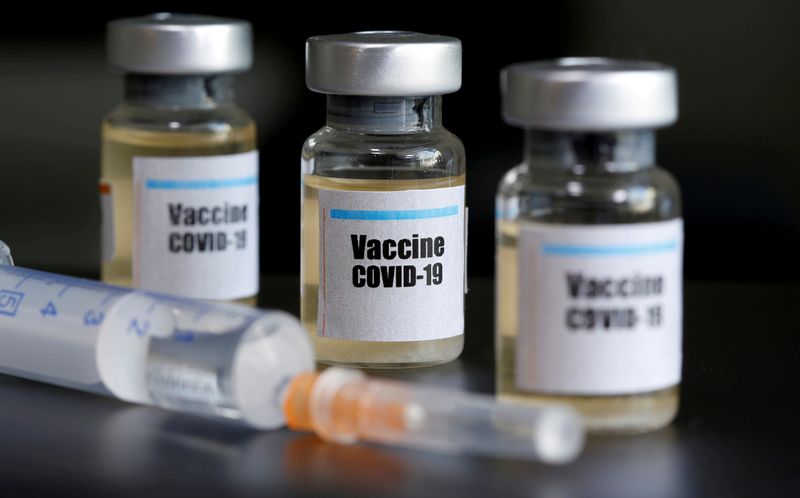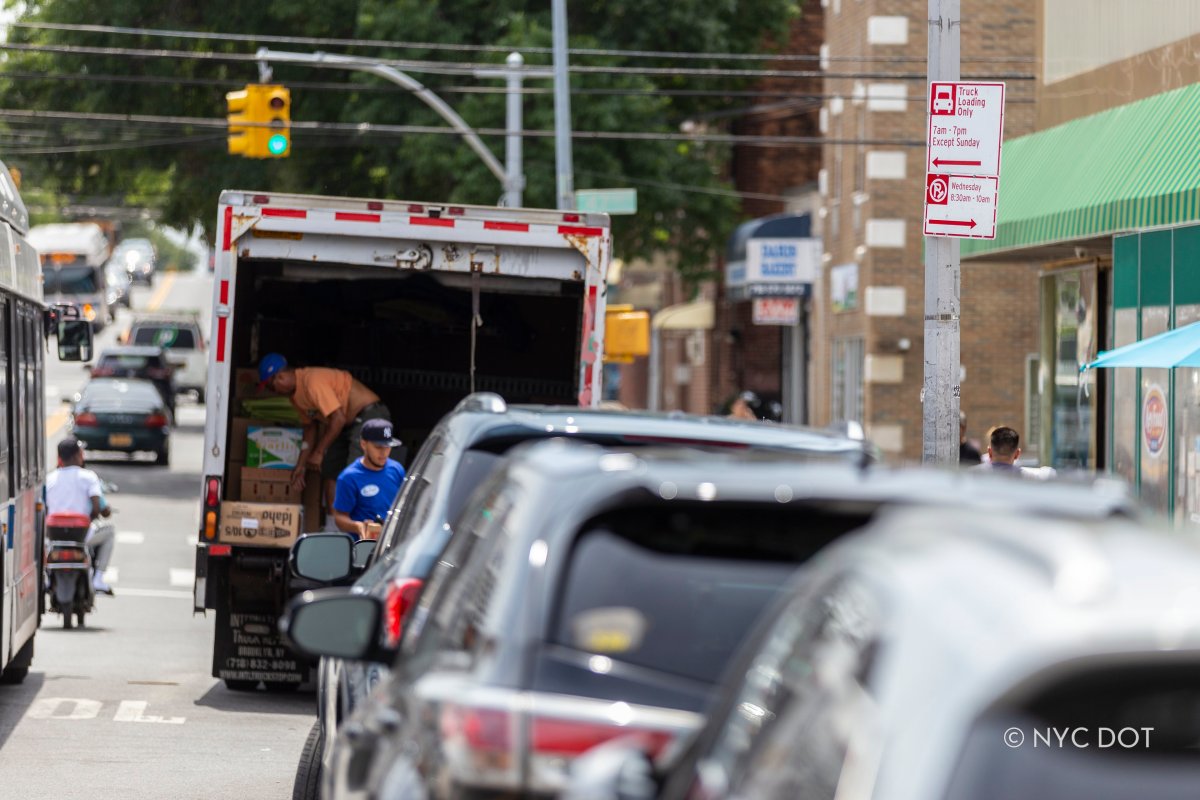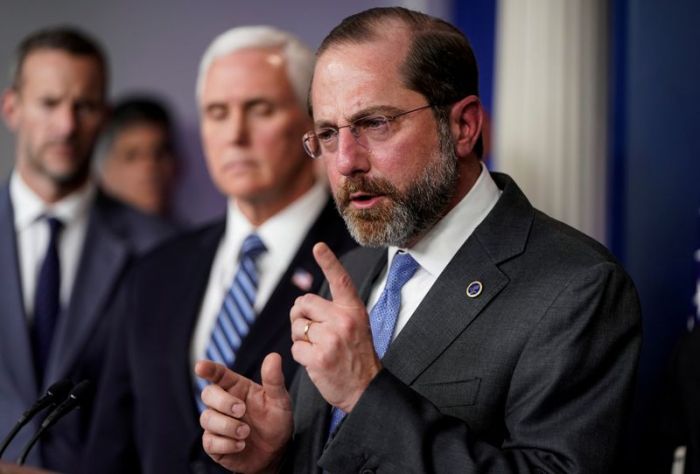WASHINGTON (Reuters) – The U.S. government plans to stockpile hundreds of millions of doses of vaccines that are under development to combat the novel coronavirus with the goal of having one or more vaccines ready to deploy by the end of the year, the health secretary said on Friday.
“We’ve got over 100 vaccine candidates that have been discovered,” Health and Human Services Secretary Alex Azar told Fox Business Network.
“What we’re doing now is we’re narrowing those down to the core group that we’re going to place huge multi-hundred million dollar bets on and scale massive vaccine domestic production so that we by the end of the year, we hope, would have one or more safe and effective vaccines and hundreds of millions of doses.”
The White House has set a target of having 300 million vaccine doses by the end of 2020. No such vaccine for this pathogen has been approved though a number are under development, and producing and distributing an effective vaccine are seen as key steps to jumpstarting the U.S. economy.
“We’ve got to use the full power of the U.S. government and the private sector here to compress all of those (drug trial) timelines, reduce inefficiency in development and use the power of the U.S. government to produce at risk, scale hundreds of millions of doses of vaccines even while we’re running the clinical trials to prove their safe and effective,” Azar said.
However, infectious disease expert Dr. Anthony Fauci, who directs the National Institute of Allergy and Infectious diseases, said in Senate testimony on Tuesday the idea that there will be a vaccine available by next fall, when schools and universities resume classes, was “a bridge too far.”
(Reporting by Tim Ahmann and Doina Chiacu; Editing by Steve Orlofsky)























